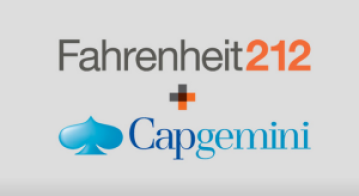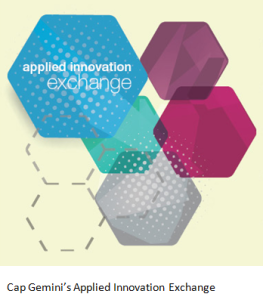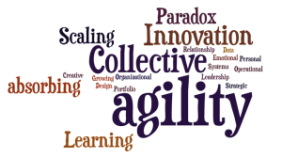
I completed a series of posts in April 2023, published on this posting site, on cross-sector needs when considering or working in innovation ecosystems.
To get to a good understanding of cross-sector innovation ecosystems collaborations, you need to take a very considered holistic view of what is needed in any collaboration, let alone cutting across sectors to generate a successful outcome. All the elements of skills, processes, tools, capabilities, and behaviors are essential in supporting an effective collaboration across sectors that need to be involved.
I have summarized the key points of these four posts; click on the links referred to. I have outlined the multiple needs to consider so you are more aware of the differences and needs of managing within an ecosystem of collaborators.
Continue reading “Understanding cross-sector innovation ecosystem collaborations”







